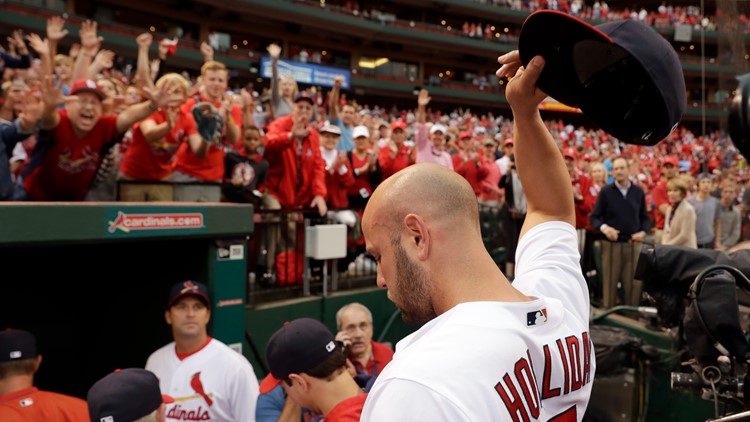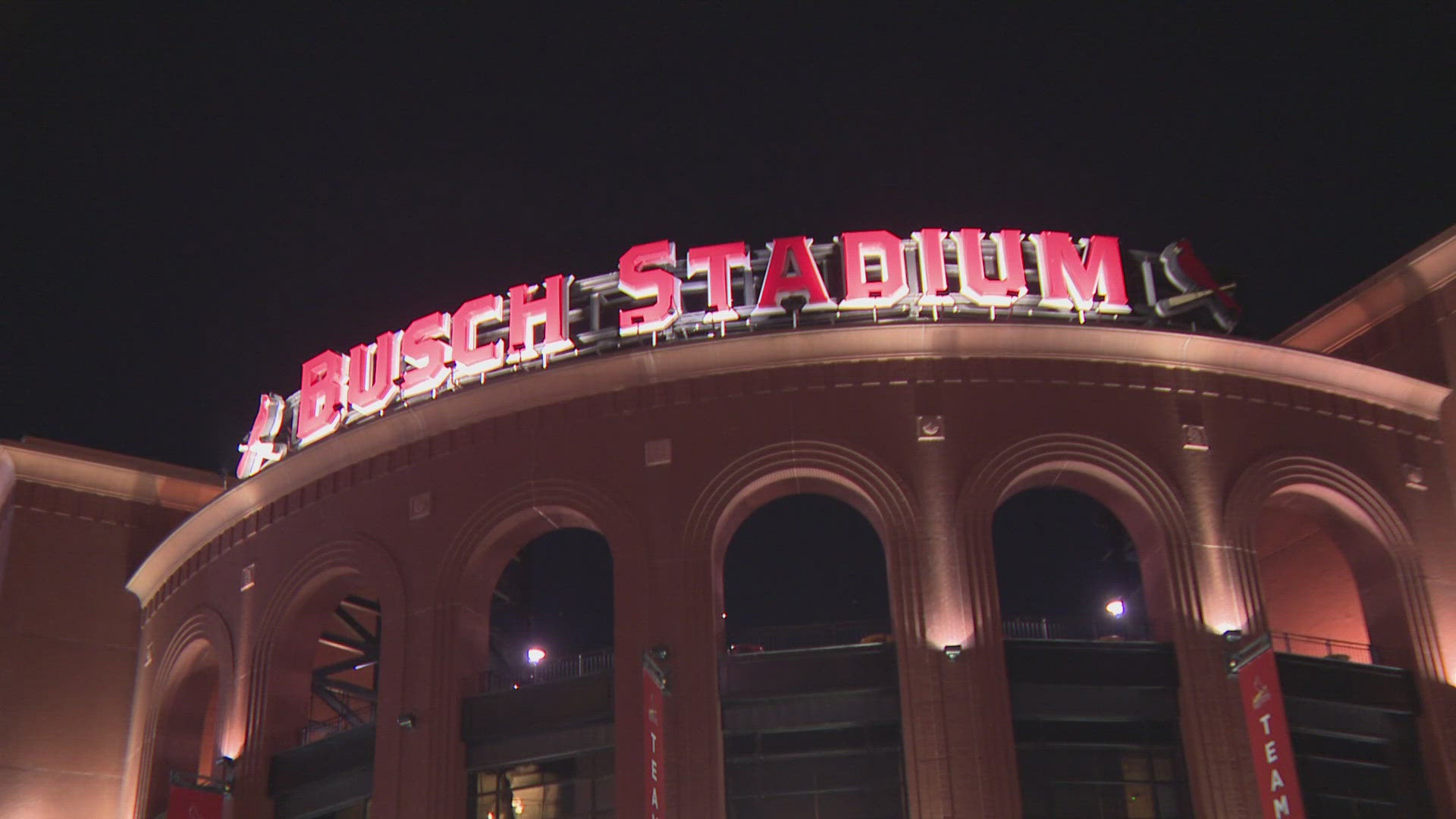ST. LOUIS — The results of this year’s Baseball Hall of Fame election will be announced on Tuesday, with first-year candidates Adrian Beltre and Joe Mauer expected to gain entrance to Cooperstown.
Both received my vote – as did four other players who have been on the ballot in previous years: Todd Helton, Andruw Jones, Gary Sheffield and Billy Wagner. They should all finish near the top of the voting results with a chance of surpassing the 75 percent barrier needed to join the Hall.
One player who likely will be in the group down near the bottom of the election results is Matt Holliday, which is the reason he received my other Hall of Fame vote this year.
Do I truly believe Holliday is a Hall of Famer? No. That’s why voting for him needs some explanation.
This is Holliday’s first year of Hall of Fame eligibility, and one of the rules of the voting process is that a player has to receive 5 percent of the vote to remain on the ballot the following year.
This “one and done” rule has consequences, and I believe it would be unfair to Holliday, who had a very good if not quite Hall of Fame caliber career, to disappear from the ballot after only one year.
It’s happened before to two other former Cardinals, Ted Simmons and Jim Edmonds. I thought about both of them when I checked the box next to Holliday’s name.
Simmons was on the ballot for the first time in 1994. He received 17 votes out of the 456 ballots cast, a total of 3.7 percent. He needed six more votes to pass the 5 percent threshold and remain on the ballot for a second year.
It took Simmons 26 years before a veteran’s committee corrected that wrong and elected him to Cooperstown in 2020.
Edmonds’ first year of eligibility was in 2016. He was named on only 11 of 440 ballots. He needed to double that total, to 22 votes, to avoid also becoming a “one-and-done” player.
It only takes one glance at those 2016 results to show why this is important, and how it could apply to Holliday.
Two other names on that ballot did not finish very far ahead of Edmonds in the voting results, but did get enough votes to assure them of a second year in the election cycle.
That also was Wagner’s first year on the ballot, and he received 46 votes, or just over 10 percent of the total. Sheffield was on the ballot that year for a second time, and he earned 51 votes, 11.6 percent of the total.
Eight years later, they could be elected to Cooperstown this year. That’s what happens when a player remains on the ballot, then sees their candidacy gradually grow.
Another example, from the 2018 ballot, is Jones, the former Braves outfielder. In his first year of eligibility, he earned 31 votes, just 7.3 percent of the total, but it was 10 more votes than he needed to pass the 5 percent threshold and remain on the ballot. Six years later, he also is on the verge of election.
Holliday’s career numbers compare favorably to those of Simmons and Edmonds. His wins above replacement total, a viable number in today’s game, was 44.5 – less than the 60.4 career total for Edmonds and the 50.3 for Simmons, but a more than respectable total.
Holliday hit 316 homers during his 15 years in the major leagues, posted a .299 career average, finishing with 2,096 hits and 1,220 RBIs. His teams made nine trips to the postseason, advancing to the World Series three times. He was a seven-time All-Star, won four Silver Slugger awards, won a batting title in Colorado and received MVP votes in eight seasons over his career.
There will be approximately 400 ballots cast this year, so the 5 percent mark will fall around 20 votes. Do I think Holliday is going to get that many people to check the box next to his name? Doubtful. But he deserved my vote, simply to try to do what little bit I can to try to help him get there.
I felt the same way when I voted for Mark Buehrle the first year he was on the ballot in 2021 – I really didn’t believe then, and still don’t, that Buehrle probably belongs in Cooperstown. But his career also was good enough that he shouldn’t have been a “one-and-done” player. Luckily he got enough votes to stay on the ballot and is still there four years later.
That vote this year went to Holliday, and I hope I am wrong and that 20 other writers around the country found room on their ballot to vote for him.
Even if that happens, I don’t see Holliday’s candidacy gaining the momentum it would need in coming years for him to get the votes he would need for election. That probably would have been the same for Edmonds too if he had remained on the ballot past that first year. If Holliday does make it onto the ballot again next year, I might not vote for him.
There is no shame in falling short of election to the Hall of Fame. Standards are high for a reason. Even seeing your name on a ballot once should be an honor.
But seeing it on the ballot more than once is an honor that Holliday should receive too. He, like Edmonds, was more than a “one-and-done” player.
Follow Rob Rains on Twitter @RobRains



